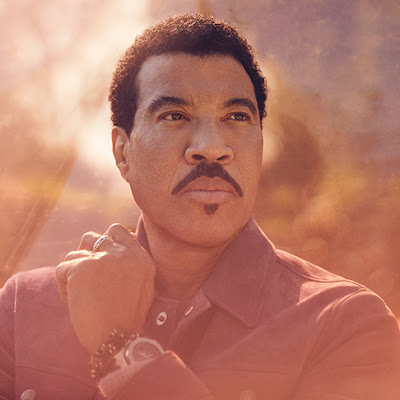Today the Library of Congress announced that Richie will receive the national library’s Gershwin Prize for Popular Song.
The artist, who has sold more than 125 million albums worldwide, will be honored with an all-star tribute concert in Washington, D.C., on March 9, which will be broadcast nationally on PBS stations May 17.
“This is truly an honor of a lifetime, and I am so grateful to be receiving the Gershwin Prize for Popular Song,” Richie said in a statement. “I am proud to be joining all the other previous artists, who I also admire and am a fan of their music.”
Bestowed in recognition of the legendary songwriting team of George and Ira Gershwin, the Gershwin Prize recognizes a living musical artist’s lifetime achievement in promoting the genre of song as a vehicle of entertainment, information, inspiration and cultural understanding. The honoree is selected by the Librarian of Congress in consultation with a board of scholars, producers, performers, songwriters and other music specialists.
In receiving the award, Richie joins an exclusive club. Previous recipients include Paul Simon, Stevie Wonder, Sir Paul McCartney, Billy Joel, Willie Nelson, Smokey Robinson, Tony Bennett, Gloria Estefan and Garth Brooks.
“In so many ways, this national honor was made for Lionel Richie whose music has entertained and inspired us — and helped strengthen our global connections,” said Librarian of Congress Carla Hayden of why he was chosen for the award. “Lionel Richie’s unforgettable work has shown us that music can bring us together. Even when we face problems and disagree on issues, songs can show us what we have in common.”
Richie, whose hits include chart-toppers “Endless Love,” “Lady,” “Truly,” “All Night Long,” “Penny Lover,” “Stuck on You,” “Hello,” “Say You, Say Me,” “Dancing on the Ceiling,” at one point in his career wrote No. 1 songs for 11 consecutive years. He also co-wrote the iconic charity tribute “We Are the World,” for USA for Africa.
For his work he has earned an Oscar, a Golden Globe and four Grammy Awards. Richie has also worked to further the career of other musicians, working as a mentor to artists and as a judge on ABC’s “American Idol” for the past four seasons.





